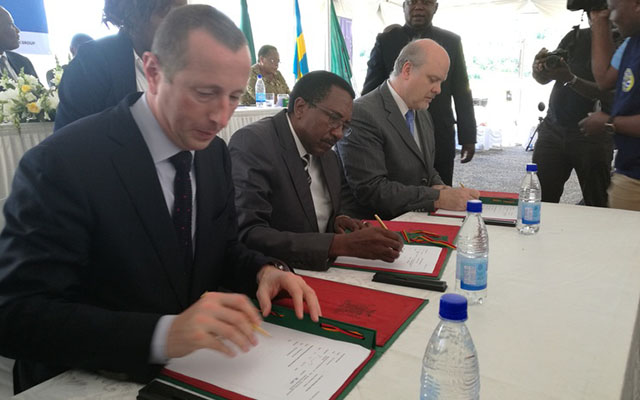Editorial Comment: Celebrating radio, media of the people

Zimbabwe was on Monday honoured to host Sadc broadcasters to commemorate World Radio Day. Radio is one of the most versatile communication technologies, yet in our daily lives we rarely recognise its presence.
One of the reasons is because once the licence is paid, radio is so unobtrusive yet it remains that voice which keeps us company wherever we go.
Few media beats radio in the basic journalistic function; to educate, inform and entertain.
It is estimated that 70 percent of the population in Zimbabwe still lives in the rural areas. Some of the places are too remote for other mediums of communication such as newspapers.
Others such as the internet, telephone, cellphones etc, while they have some reach, still have to be paid for almost on a daily basis. Batteries must be charged regularly.
That is where radio beats them all.
The Government of Zimbabwe is aware of the vital importance of radio, and has made every effort to keep Zimbabweans connected. Through the Broadcasting Authority of Zimbabwe, the Government in 2015 licensed eight more radio stations.
This was after it accepted 21 applications, to offer Zimbabweans a wider choice, although most of them remain largely semi-regional, others not yet operational.
Important to note is that every major town in Zimbabwe now has a radio station which people can readily associate with — from Zvishavane to Kariba and Victoria Falls to Mutare.
One of the biggest virtues of radio is that it is ubiquitous without being intrusive. Once it is switched on, most of the time it’s taken for granted while we go about other “important” chores.
Yet in the background news from around the globe filters through: we are kept informed, educated and entertained.
Speaking on the occasion to mark World Radio Day on February 13 this week, Unesco Director-General Ms Irina Bokova observed, “We are living a revolution in how we share and access information — and, yet, in the midst of deep change, radio has never been so dynamic, engaging and important. At a time of turbulence, radio provides an enduring platform to bring communities together.
“On the way to work, in our homes, offices and fields, in times of peace, conflict and emergencies, radio remains a force for human rights and dignity and a powerful enabler of solutions to the challenges all societies face.”
The other media, be it a book, the internet, a newspaper or other forms like social media, tend to draw attention to themselves because we have to directly engage them. While they all provide education, information and entertainment, there is no other way of extracting such value without physically opening the book, the internet, or watching television, all of which come at a monetary cost and distracts from other business.
Not so with radio, which, if presented in a local or national language, sometimes education is a bonus. It is enough to understand the language for radio to keep one informed, educated and entertained day and night.
As already indicated above, without the versatility of the medium of radio, and its portability, at least 70 percent of Zimbabweans would remain cut off from the rest of the globe. We dare say this must be the case for much of the developing world.
Zimbabwe has therefore made significant strides to ensure people have ready access to information at no huge cost. Radio Zimbabwe’s Kwaziso/Ukubingelelana programme is still as popular today as ever, so is Zviziviso zverufu/Izaziso zenfa.
At another practical level, public officials use the medium of radio to propagate national policy or to issue public warnings like flooding or information about rainfall patterns to farmers. Police use radio every morning to alert the commuting public about the state of roads and traffic.
We also live in an age of delinquent social media which manufacture and distribute false news about literally anything and anybody. The only way to set the record straight for people in remote parts of the country is through radio. And not everyone must have the radio. Once the information is out, word of mouth does the rest.











Comments